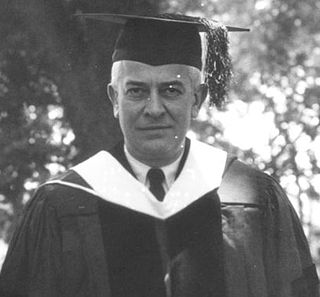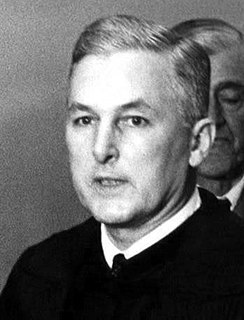A Quote by Carl Clinton Van Doren
Melville brought to the task a sound knowledge of actual whaling, much curious learning in the literature of the subject, and, above all, an imagination which worked with great power upon the facts of his own experience.
Related Quotes
...a man estimable for his learning, amiable for his life, and venerable for his piety. Arbuthnot was a man of great comprehension, skilful in his profession, versed in the sciences, acquainted with ancient literature, and able to animate his mass of knowledge by a bright and active imagination; a scholar with great brilliance of wit; a wit who, in the crowd of life, retained and discovered a noble ardour of religious zeal.
Great abilities are not requisite for an Historian; for in historical composition, all the greatest powers of the human mind are quiescent. He has facts ready to his hand; so there is no exercise of invention. Imagination is not required in any degree; only about as much as is used in the lowest kinds of poetry. Some penetration, accuracy, and coloring, will fit a man for the task, if he can give the application which is necessary.
Kafka was a complex character in a complex historical era. In order to understand him, you have to do more than cite facts. It is necessary to connect the facts in a meaningful way. His relationship to Judaism, to his father, to women, to literature - all of this is interconnected; and there are decisive moments in his life, in which such interactions suddenly become visible and can be experienced in an almost sensuous manner. It is these moments above all that I try to narrate dramatically.
The power of imagination is the ultimate creative power.. no doubt about that. While knowledge defines all we currently know and understand.. imagination points to all we might yet discover and create. Imagination is more important than knowledge. Your imagination is your preview of life's coming attractions
The photographer's most important and likewise most difficult task is not learning to manage his camera, or to develop, or to print. It is learning to see photographically — that is, learning to see his subject matter in terms of the capacities of his tools and processes, so that he can instantaneously translate the elements and values in a scene before him into the photograph he wants to make.
[The scientist] believes passionately in facts, in measured facts. He believes there are no bad facts, that all facts are good facts, though they may be facts about bad things, and his intellectual satisfaction can come only from the acquisition of accurately known facts, from their organization into a body of knowledge, in which the inter-relationship of the measured facts is the dominant consideration.
I was very lucky. I was just finishing my PhD at Cambridge in 1981. This opportunity came up because whaling was drawing to an end. There was the prospect of a moratorium, and one of the arguments that was brought up, especially by Japanese whalers, was that, if we didn't have whaling, we would know nothing of whales. All the science depends on having dead animals, they argued, so that's one of the benefits of the whaling industry.
The close observer soon discovers that the teacher's task is not to implant facts but to place the subject to be learned in front of the learner and, through sympathy, emotion, imagination, and patience, to awaken in the learner the restless drive for answers and insights which enlarge the personal life and give it meaning.
In the popular arena, one can tell ... that the average man ... imagines that an industrious acquisition of particulars will render him a man of knowledge. With what pathetic trust does he recite his facts! He has been told that knowledge is power, and knowledge consists of a great many small things.



































